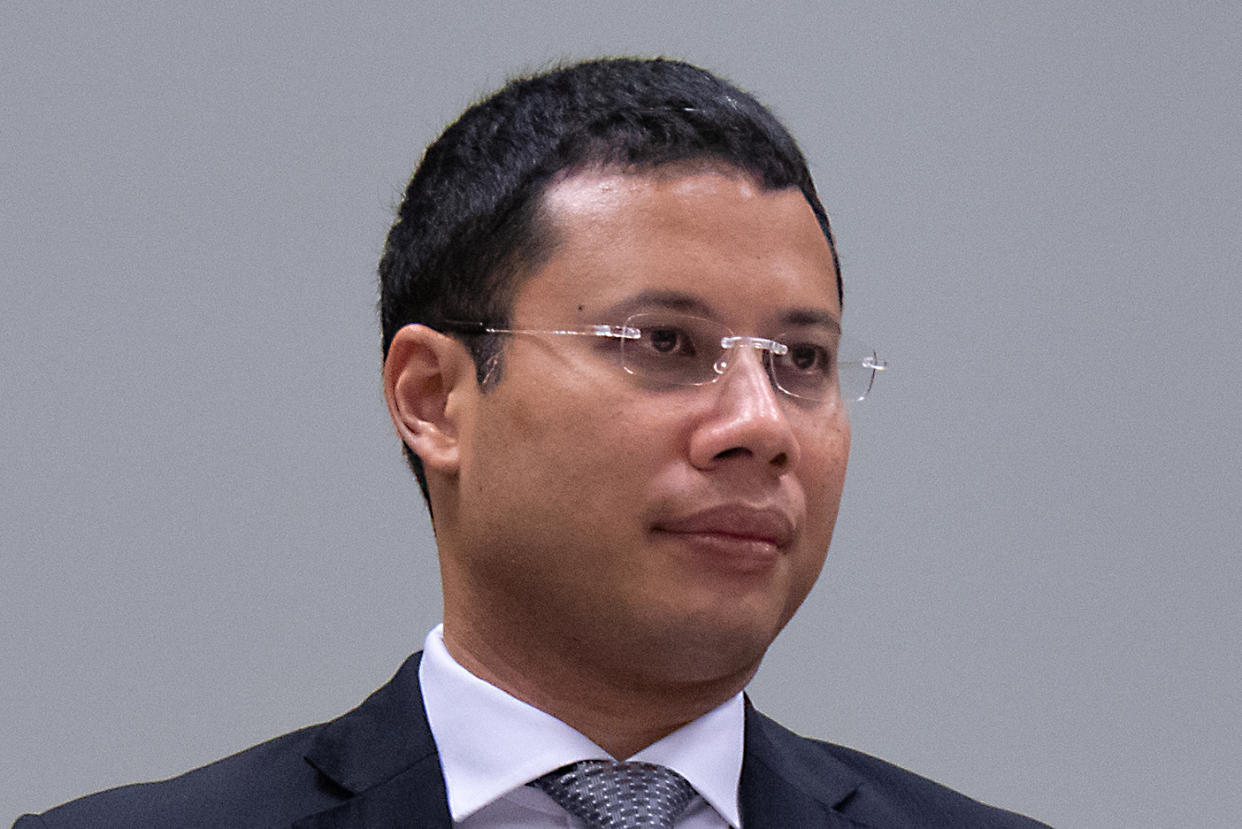Oxfam inequality index: Desmond Lee says Singapore aims for ‘real outcomes’: report

Desmond Lee, Minister for Social and Family Development, responded on Tuesday (9 October) to the findings by Oxfam on Singapore’s efforts to reduce inequality, saying the country strives to attain “real outcomes” in health, education, jobs and housing, according to a report by Channel NewsAsia.
Oxfam, the global charity dedicated to combating poverty, ranked Singapore 149 out of 157 countries for its efforts to bridge the inequality gap in its 2018 inequality index. Singapore’s ranking in the survey released on Monday (8 October) plunged 63 places from its 86th position last year.
One reason for Singapore’s low ranking was its score under the “harmful tax practices” category. Oxfam cited Singapore’s low maximum personal income tax rate for the highest earners, set at 22 percent. Apart from Singapore’s very low tax rates, Oxfam also referred to the country’s practice of providing tax havens for corporates and individuals to evade taxes.
Oxfam said Singapore has a “relatively low level of public social spending”, with 39 per cent of its budget set aside for education, health, and social protection, which was lower than 50 per cent in South Korea and Thailand.
Lee said in a statement that Singapore does not aim to satisfy a “collection of ideologically driven indicators”, according to the CNA report. He questioned Oxfam’s assumption that high taxation and high public expenditure underscore a commitment to fighting inequality.
“In Oxfam’s view, Singapore’s biggest failing is our tax rates, which are not punitive enough…Yes, the income tax burden on Singaporeans is low. And almost half the population do not pay any income tax.
“Yet they benefit more than proportionately from the high quality of infrastructure and social support that the state provides,” Lee added.
On the assessment by Oxfam of Singapore’s relatively low level of public social spending, Lee said that the country’s students “consistently outperform others in international rankings”. He cited the Programme for International Student Assessment (PISA) where Singapore’s 15-year-old students have ranked first for mathematics, science and reading.
On the 4.6 per cent of Singapore’s GDP that is spent on healthcare, as Oxfam has noted, Lee referred to the Economist Intelligence Unit ranking Singapore second for healthcare outcomes and the World Health Organisation ranking its healthcare system 6th globally.
While Singapore does not have a minimum wage, it provides support for low-income workers, worker’s skills upgrading and sets a progressive wage model for some low-wage jobs, Lee said.
He added, “Both lower income and median households have experienced faster income growth over the last decade than most countries at similar income levels.
“That we achieved all of this with lower taxes and lower spending than most countries is to Singapore’s credit rather than discredit.”
Other Singapore stories
Man who stole metal bench from bus stop given 7-day short detention order
Parking enforcement officers get a boost from new tech
Yishun is safe, come for the nasi lemak: Nee Soon Town Council
Activist Jolovan Wham, SDP’s John Tan guilty of contempt of court



